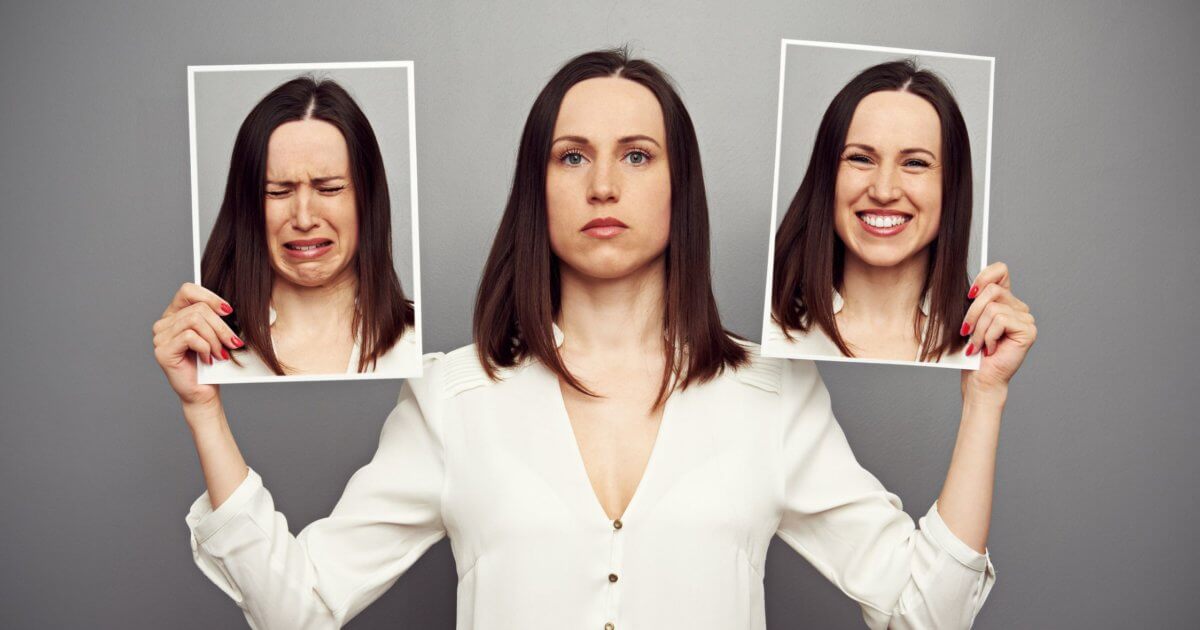What to do with emotions can be difficult, confusing, awkward and scary. Some people are hardly aware of their emotions. Others feel utterly overwhelmed.
Are feelings important? Are there good and bad emotions? What kind of emotions are there? What are our feelings trying to tell us? Or are they just trying to trick us?
Often people think that some emotions are good and that some are bad. They might say for example that happiness is a good because it helps people and anger is a bad emotion because it causes damage. All emotions are important, because they are messages from our unconscious brain to tell us how things are going in our lives.
Emotions: glad, sad, mad and scared
There are four main categories of emotions which are popularly described as “glad, sad, mad and scared”, but within those categories there are many shades and levels of emotion. There are also other emotions, which don’t quite fit in these categories.
Our emotional state is generated in a part of the brain which is called the “Limbic system”. I sometimes call it the happiness computer in our brains. It continually weighs up the state of our health, our relationships, our finances, our past experiences, the fulfilment of our dreams and desires, whether we have eaten or not, any dangers or fears etc, to work out if life is happy, or if there are things that need changing.
Feelings are like the warning lights on the dashboard of a car. If the oil needs changing or the water temperature is too high or the petrol runs low a light goes on to warn us.
People react in different ways when a warning light comes on on the dash of their car. Likewise people react in different ways to their emotions. Some people don’t know what the warning light means and ignore it. This can have disastrous results.
Others panic and overreact – eg someone going off their head because dinner is late is somewhat similar to slamming on the brakes on the freeway just because the petrol light comes on. This can cause a lot of problems too. Others try to fix the problem themselves. Others ask a friend. Others take their car to the mechanics.
Help for when our feelings get stuck
Like with emotions, some problems can be fixed easily by ourselves (such as filling up the petrol) but others need expert help. When they are stuck or when they go over the top we may not be able to work things out ourselves.
Talking with someone we can trust, like a counsellor or psychologist can be very helpful in such cases. There is nothing shameful or weird about that. It’s just a clever thing to do and is taking the time to find out and listen to what our Limbic system is telling us.
So, are emotions good or bad? Neither. By themselves they are neither good or bad. They are part of what makes us human. If there were no feelings, everyone would be walking around like robots. No smiles, no anger if someone hurts someone, no fear when there is danger, no sadness when someone dies.
Learning to respond positively to our emotions
Emotions can help protect us and help in building relationships. It depends on what we do with our emotions that makes the use of them good or bad. Using emotions in a destructive way, such as punching a hole in the wall when we get angry, is not helpful.
People often use emotions in destructive ways, either against others, themselves or things. This usually happens when they haven’t learned how to recognise their emotions, what their emotions are trying to tell them and what to do with them in a constructive way.
So, let’s learn about our own emotions and those of the people around us so. Emotions can become a familiar and faithful friend. Let’s learn to respond positively to them when we need to and enjoy them when we can.
© 2010 Ralph Holwerda. All rights reserved.







